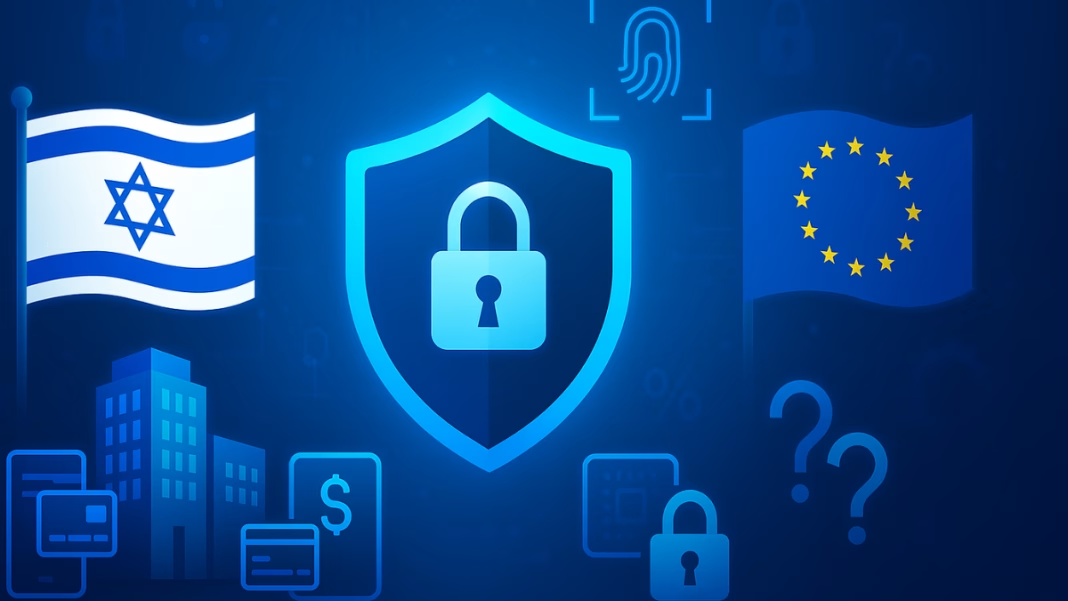The European Union’s strict privacy law, called the General Data Protection Regulation (GDPR), has been a global model since it was introduced. It was built to protect personal information, especially in a world filled with online apps, smart devices, and growing digital footprints.
Europe Questions Its Own Data Rules
But now, European leaders are asking if GDPR is too strict. Some businesses, especially small ones, feel it slows down innovation. There is also worry that it’s making it harder for European tech companies to compete with giants in the U.S. and China. As a result, talks have begun about possibly loosening some of the rules.
At the same time, real-world examples of data misuse—like apps secretly collecting contacts or sharing fingerprints without permission—show why strong privacy laws matter more than ever.
While Europe debates what to keep and what to change, a different move is happening elsewhere.
Israel Moves in the Opposite Direction
While Europe thinks about relaxing privacy rules, Israel is planning to make its own laws even stronger. The country is updating its Privacy Protection Law, called IPPL, to match GDPR-level standards. These updates are expected to take effect in August 2025.
This move might seem confusing at first. Why would Israel tighten rules just as Europe considers doing the opposite?
The answer lies in how Israeli tech works. Most of Israel’s fintech and software companies serve clients around the world, not just in Israel. That means they’ve already been following international data protection rules like GDPR for many years. In fact, even before Israel decided to change its own laws, many companies were already acting like GDPR was the law.
Israel’s tech sector is a major part of its economy. It employs around 10% of the workforce and brings in nearly 18% of the country’s total income. For fintech companies that work with global banks and platforms in Europe and the U.S., following strong privacy rules isn’t just about local law—it’s about being trusted worldwide.
Interestingly, while Israel’s tech firms have long embraced strict privacy practices, local banks inside the country have been more cautious. They were slower to adopt tools like APIs that allow data sharing. This slow approach may have frustrated innovators, but it helped build public trust.
This trust is becoming more important. In a recent global survey, over 60% of people said that protecting their personal data matters more than speed or convenience when dealing with companies. In today’s world—where fears about online tracking and misuse are common—trust is gold.
Trust Is Becoming a Competitive Advantage
As Israel makes privacy rules tighter, it could actually be giving its tech companies a head start. While Europe could face years of debates and legal changes, Israel is choosing a clearer path.
One big change in the new IPPL law is how it defines personal data. It will now include things like biometric information, location history, genetic data, and even criminal records. For companies, this means handling data more carefully. But for consumers, it means more protection.
$8 Billion Showdown: Meta’s Top Brass Face Explosive Privacy Trial Over Cambridge Analytica Scandal
Strong privacy laws are not just about avoiding fines. They’re about building long-term relationships with users. Companies that protect data, act transparently, and respond quickly when something goes wrong are seen as more trustworthy.
Some fintech companies around the world have already shown how to win customer trust. They make their fees clear, offer real-time updates, and provide fast help when needed. These simple steps go a long way in showing users that their data is safe.
In Israel, this matters more than ever. A recent national survey showed that trust in key institutions is falling. That gives tech companies a rare chance to stand out—by showing they take privacy seriously and by building products that respect people’s data.
While many countries are still figuring out where to draw the line between privacy and innovation, Israel’s message is simple: it’s possible to have both. And in today’s digital economy, choosing trust might just be the smartest move of all.
